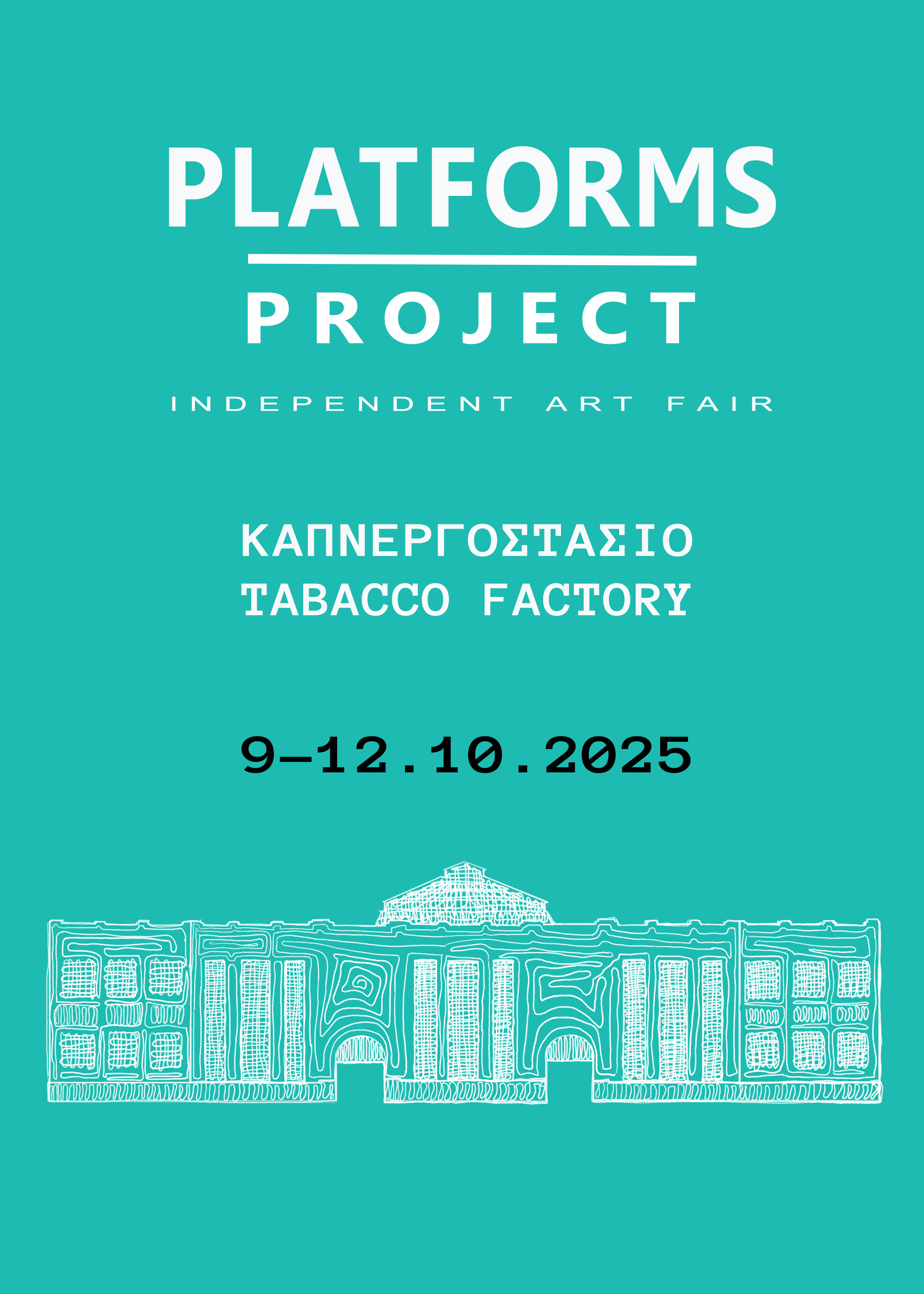Argyris Paloukas THE FORTUNATE
Arise my umpteenth rose
you've nothing to fear
you reveal yourself even at the end of a pulley.
– translated by Panayotis Ioannidis
*
Argyris Paloukas (born in 1975 in Ermioni, Argolida) was 22 when his poems were selected for the “16 New Greek Poets” festival held at the “Praxi” Theatre in Athens. His first—slim but substantial—book, Threadbare [To xefti], came ten years later (Mandragoras, 2007). The fourteen short poems it consisted of—belonging to a long and dignified tradition of mostly post-World War II Greek poetry, though Yorgos Sarandaris (1908-1941) of the legendary “1930s' generation”, could be considered this tradition's forefather—were immediately noticed, and included in the bilingual anthology Novelty within or beyond language – Anthology of young Greek poets (Gavriilidis, 2009). After a second book containing a single long poetic prose, Salt behind the ear [To alati piso apo t' afti] (Kedros, 2009), he returned to poetry with I want my body back [Thelo to soma mou piso] (Metaihmio, 2011), which was awarded First Prize for Best Young Poet at the Patras Poetry Symposium in 2012; and Laughing people [Anthropoi pou yelane] (Kritiki, 2018). In between, he had edited a selection of fragments from Giorgos Cheimonas' prose: Love like salacity [Agapi san akolasia] (Kritiki, 2016).
At its best—as in the poem presented here, that opens his first collection—A.P.'s poetry appears like the product of a distillation, or a purification in the chemical sense. And this, even when it is allusive, approaching its subject—principally, human relations—at a slant, or at times almost muting it; or when part of it remains, seductively, somewhat veiled. Alternatively, it resembles a crystallisation: around a few brief, juxtaposed snapshots of everyday scenes.

Pictured: An artwork by Apostolos Zerdevas, currently on view at the group exhibition Love and Disaster in Athens at FokiaNou Art Space.
